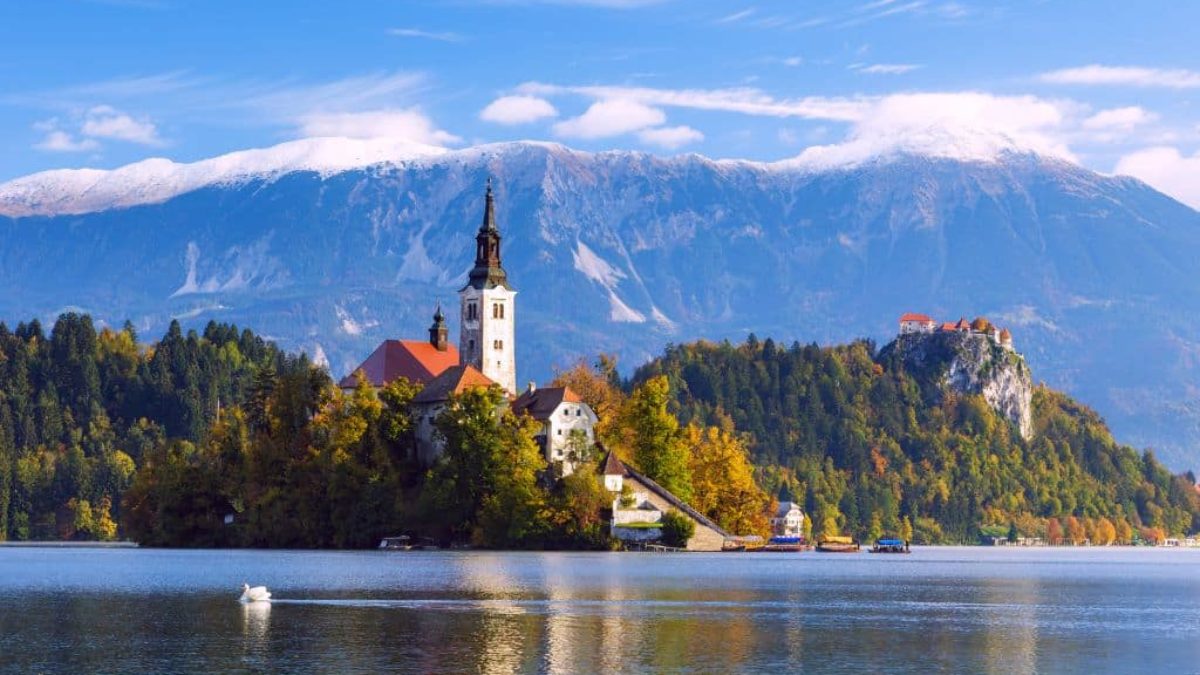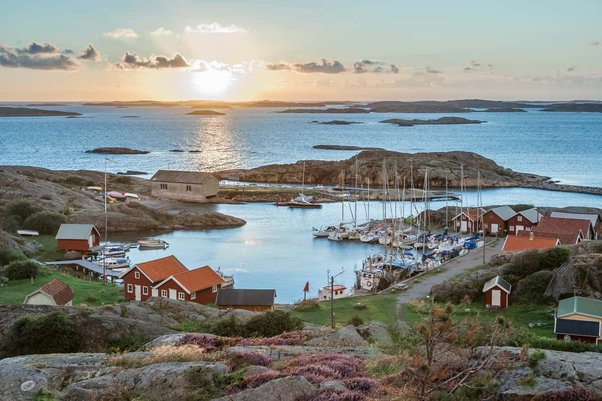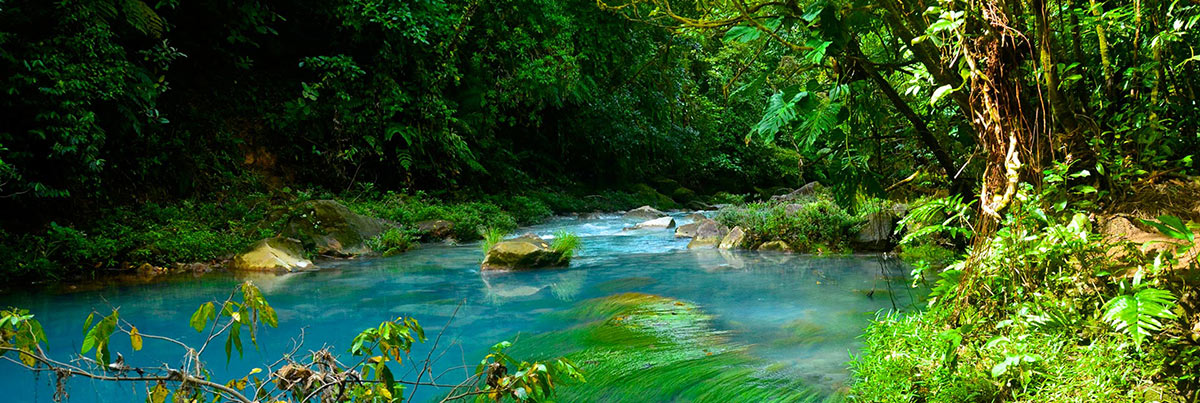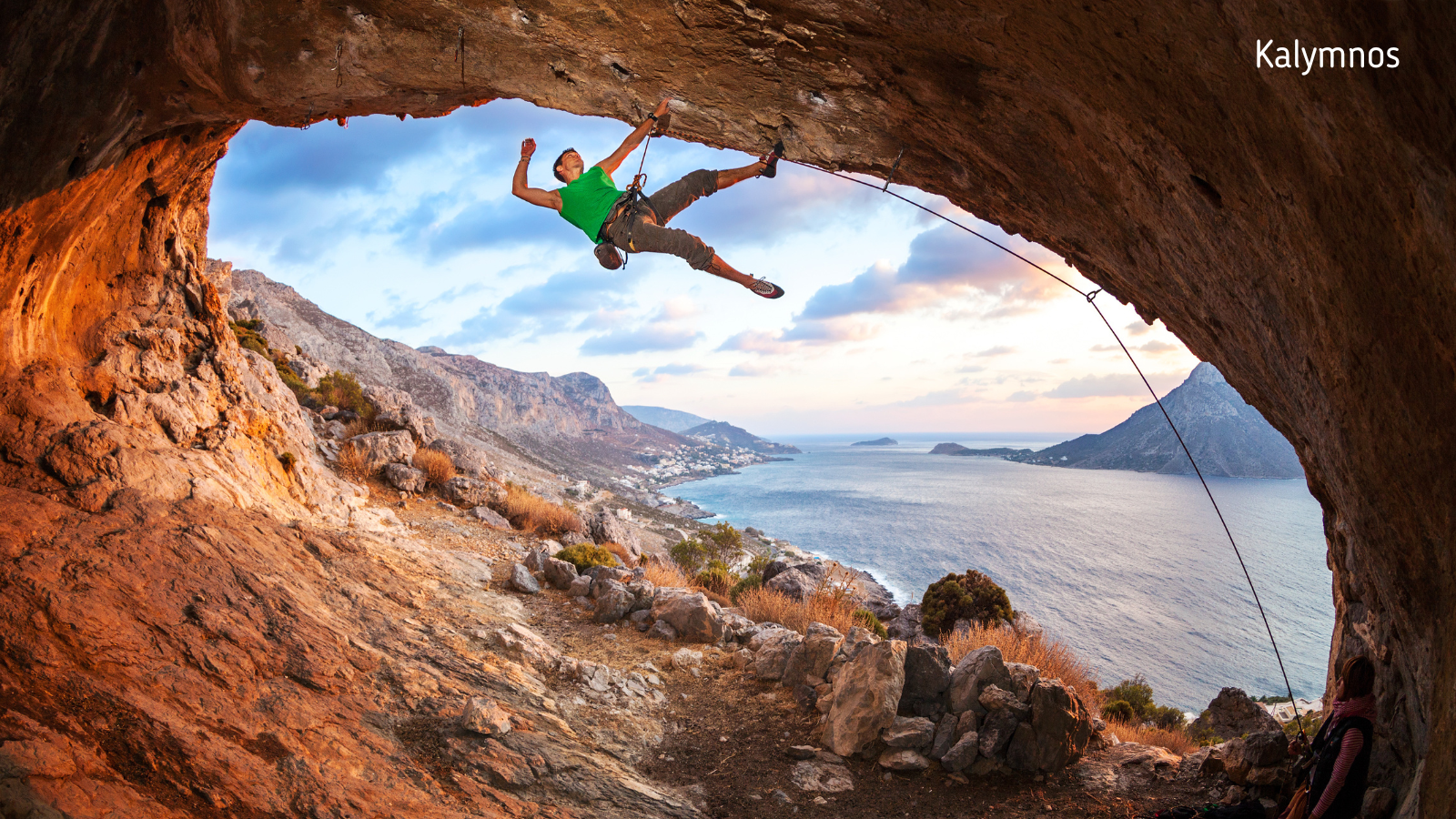Tourism Boards and Destination Marketing Organizations are pivotal in shaping policies and engaging the private sector, aiming for sustainable and inclusive tourism growth while safeguarding assets for future generations.
This article is part of the Balanced Tourism column.
As a former CEO of a Destination Marketing Organization (DMO), I’ve witnessed firsthand the evolution of tourism marketing and management. In today’s world, the emphasis on sustainable and inclusive travel is more critical than ever. National Tourism Organizations (NTOs) and DMOs play pivotal roles in this transformation, balancing the growth of tourism with the preservation of their destinations.
The Function of DMOs
DMOs are specialized entities tasked with promoting a destination to attract visitors. Their goal is not just to increase tourist numbers but to enhance the quality of the visit, ensuring it’s beneficial for both the visitor and the host community. This involves marketing campaigns, visitor services, and collaboration with local businesses and stakeholders to create a cohesive and appealing image of the destination.
Engaging with Stakeholders
A key to successful destination marketing is engaging a broad spectrum of stakeholders, including local businesses, government entities, non-profit organizations, and the local community. Effective engagement means listening to their concerns, aligning goals, and working collaboratively. This can be achieved through regular meetings, workshops, and creating platforms for dialogue. Stakeholders are the backbone of a destination’s tourism offer; their buy-in is crucial for sustainable practices.
Mandate and Responsibilities
The mandate of DMOs often includes promoting the destination, managing visitor experience, and ensuring the economic, social, and environmental sustainability of tourism activities. They’re responsible for representing the destination’s brand accurately and attractively, driving not just visitation but ensuring that tourism growth contributes positively to the local economy and community well-being.
Organizational Challenges
DMOs face several challenges, including adapting to rapidly changing market dynamics, technological advancements, and shifting traveler preferences towards more sustainable and authentic experiences. Additionally, they must manage the impact of tourism on local communities and environments, addressing issues like overcrowding and resource depletion.
Funding
Funding models for DMOs vary widely, from government allocations and membership fees to bed taxes and levies on tourist activities. Sustainable funding is crucial for long-term planning and execution of marketing strategies. Increasingly, DMOs are exploring innovative funding mechanisms that align with sustainable tourism principles, such as green taxes or contributions to conservation efforts.
Innovative Success Stories
The ever-evolving landscape of tourism presents unique challenges and opportunities for Destination Marketing Organizations (DMOs) worldwide. Amidst this, several DMOs stand out for their innovative approaches to promoting sustainability and inclusivity in travel. Let’s take a closer look at some of the success stories that have redefined the tourism industry.
New Zealand’s “Tiaki – Care for New Zealand” Initiative

Tourism New Zealand has embraced the indigenous Maori principle of “kaitiakitanga,” which embodies the concept of guardianship and protection, particularly concerning the natural environment. The “Tiaki – Care for New Zealand” initiative is a compelling embodiment of this principle, manifesting as a pledge that both domestic and international visitors are encouraged to make. The Tiaki Promise is a commitment to traveling responsibly, acting safely and with respect, and preserving the country’s natural and urban landscapes for present and future generations.
What makes this initiative particularly effective is its simplicity and the powerful narrative it creates. By adopting local cultural values and presenting them in a way that resonates globally, New Zealand has successfully integrated sustainability into the visitor experience. This initiative not only promotes responsible tourism but also aligns with the global movement towards environmentally conscious travel.
The “Tiaki – Care for New Zealand” initiative has had a profound impact on the way tourism is approached in the country:
Environmental Stewardship:
- By encouraging visitors to adhere to the Tiaki Promise, New Zealand has actively involved tourists in its conservation efforts, promoting sustainable travel behaviors that help preserve the country’s natural landscapes and biodiversity.
Cultural Integration:
- The initiative has successfully integrated Maori cultural values into the visitor experience, fostering greater cultural understanding and respect among tourists for New Zealand’s indigenous heritage.
Marketing and Branding:
- “Tiaki – Care for New Zealand” has strengthened New Zealand’s brand as a sustainable tourism destination, attracting travelers who value and prioritize environmental and cultural preservation.
Iceland’s “Inspired by Iceland” Campaign

Iceland faced a unique challenge: its popularity as a travel destination led to significant seasonal fluctuations in tourist numbers, with a majority of visitors arriving during the summer months. This seasonal surge placed considerable strain on the country’s natural wonders. In response, the “Inspired by Iceland” campaign was launched to promote off-season travel. Through innovative marketing efforts that highlight the allure of Iceland’s winter landscapes, cultural events, and the possibility of witnessing the Northern Lights, the campaign has successfully smoothed out the seasonal peaks in visitation.
This not only helps in managing the environmental impact on Iceland’s delicate ecosystems but also ensures a more consistent economic benefit to the local community year-round. It stands as a testament to the potential for creative marketing to shape travel patterns and contribute to sustainability goals.
Iceland’s innovative approach to addressing the challenges of overtourism through the “Inspired by Iceland” campaign has made several positive impacts:
Seasonal Spread of Tourism:
- The campaign has effectively extended the tourism season, mitigating the effects of seasonal peaks by encouraging visitors to explore Iceland during the off-peak months, which has led to a more balanced use of resources and infrastructure.
Environmental Preservation:
- By promoting off-season travel, the campaign has helped reduce the stress on natural sites during the high season, aiding in the conservation of these areas and allowing time for the environment to recover.
Economic Stability:
- With a more even distribution of tourists throughout the year, local businesses that rely on tourism have seen more stable income streams, supporting the livelihoods of communities beyond the capital and typical tourist hotspots.
Slovenia’s Green Scheme of Slovenian Tourism

Slovenia has pioneered a national certification program called the Green Scheme of Slovenian Tourism (GSST). This comprehensive scheme accredits destinations, accommodations, and agencies that meet stringent environmental sustainability criteria. The program assesses various aspects such as energy efficiency, waste management, cultural preservation, and education about sustainability.
Through the GSST, Slovenia has effectively branded itself as a green destination, setting a benchmark for responsible travel. The scheme’s success lies in its rigorous and transparent certification process, ensuring that sustainability is more than just a buzzword for Slovenia’s tourism sector.
Slovenia’s GSST certification has had multiple positive effects on its tourism industry and the environment:
Enhanced Sustainability:
- The program has led to widespread adoption of sustainable practices among tourism providers, ensuring that the country’s tourism infrastructure grows in harmony with its natural and cultural assets.
International Recognition:
- Slovenia’s commitment to sustainability has not gone unnoticed; it has won several international awards, positioning the country as a leading green destination on the world stage.
Local Involvement and Pride:
- The GSST has instilled a sense of pride among Slovenians, who appreciate the sustainable use of their country’s resources and actively participate in maintaining Slovenia’s reputation as a green and eco-friendly destination.
In each of these countries, the initiatives have not only addressed immediate concerns, such as environmental preservation and overtourism but have also positioned them as leaders in sustainable tourism. They have demonstrated how a country’s unique natural and cultural resources can be leveraged in a responsible manner to create a distinctive, attractive, and sustainable tourism offering that benefits both visitors and locals alike.
The Impact of the “Freedom to Roam” in Scandinavia:

Scandinavia’s “Freedom to Roam” Ethos
In Scandinavian countries, the “Right to Roam” laws allow people to access certain public or privately owned land for recreation and exercise. This ethos of open access to nature is an integral part of the region’s tourism appeal, promoting an active and sustainable way to experience the countryside.
The “Freedom to Roam” ethos stands as a testament to how deeply environmental values are embedded in Scandinavian culture. This right has not only safeguarded the natural beauty of these countries but has also served as a cornerstone of their tourism strategies, emphasizing the importance of sustainability and respect for the environment. The practice promotes a balance between enjoying the great outdoors and preserving it, which has been integral to Scandinavia’s reputation as a top destination for travelers seeking pristine natural experiences.
Environmental Consciousness:
- Education on Responsibility: The right is accompanied by an obligation to respect nature, wildlife, and people’s privacy. It has helped inculcate a strong sense of environmental responsibility among locals and visitors alike.
- Preservation of Natural Spaces: The “Freedom to Roam” ethos has contributed to the preservation of vast natural landscapes in Scandinavia, ensuring that these spaces remain unspoiled for future generations.
Social and Cultural Development:
- Promoting Outdoor Lifestyle: Scandinavians have a reputation for their healthy, outdoor lifestyle, and this principle supports and encourages such a culture, making activities like hiking, berry picking, and skiing accessible to all.
- Community Trust: The concept relies on mutual trust between landowners and the public, fostering a community spirit and shared commitment to preserving the environment.
Economic Sustainability:
- Boost to Local Economies: The free access to natural areas encourages domestic and international tourism, particularly nature tourism, which benefits local economies without the need for significant infrastructure investment.
- Sustainable Tourism Model: By promoting outdoor activities that have minimal impact on the environment, Scandinavia has developed a sustainable model of tourism that doesn’t rely on high visitor turnover for economic success.
Innovation in Tourism:
- Nature-Based Experiences: Scandinavia has become a leader in providing nature-based experiences, such as wildlife safaris in Sweden, fjord tours in Norway, and aurora borealis viewing in Finland.
Eco-Tourism Certification: Various eco-tourism certifications have arisen, offering visitors assurance that their activities are conducted in an environmentally friendly manner.
Additional Success Stories
Botswana’s High-Value, Low-Impact Tourism
Botswana, known for its unique and diverse ecosystems, has taken a bold approach to tourism by adopting a high-value, low-impact tourism policy, by implementing a high-value, low-impact tourism policy that focuses on attracting fewer tourists who are willing to pay a premium for the authentic and exclusive experiences Botswana offers, such as safaris in the Okavango Delta and encounters with the wildlife in Chobe National Park. This strategy minimizes the ecological footprint of tourism while maximizing economic benefits and preserving the integrity of the country’s vast wilderness areas.
Impact:
- Conservation Funding: The higher revenues generated per tourist have been channeled back into conservation, funding anti-poaching units and wildlife management efforts.
- Community Upliftment: A portion of tourism proceeds is allocated to local communities, incentivizing them to participate in and support conservation efforts.
- Sustainable Numbers: By limiting visitor numbers, Botswana has successfully reduced the wear and tear on natural habitats and wildlife, ensuring that tourism does not degrade the resources it depends upon.
Costa Rica’s Certification for Sustainable Tourism (CST)

Costa Rica’s CST program is an innovative model designed to facilitate sustainable tourism development. It is a user-friendly system that categorizes and certifies tourism companies according to the degree to which their operations comply with a sustainable model of natural, cultural, and social resource management. This initiative has helped to transform Costa Rica into a premier eco-tourism destination, where tourists can enjoy the rich biodiversity with minimal impact.
Impact:
- Benchmarking Sustainability: The CST has served as a benchmark for other countries looking to implement sustainable practices in the tourism sector.
- Biodiversity Preservation: By promoting eco-friendly practices, the CST has helped in preserving Costa Rica’s rich biodiversity, which is a central draw for tourists.
- Local Engagement: The CST encourages local businesses to participate in sustainable practices, creating widespread environmental awareness and boosting local economies.
Palau’s Responsible Tourism Pledge

Palau, an archipelago of over 500 islands in the Western Pacific, introduced a novel conservation strategy known as the Palau Pledge. All visitors to Palau must sign a pledge to act in an environmentally responsible way on the island, for the sake of Palau’s children and future generations of Palauans. The pledge is stamped into visitors’ passports and must be signed upon entry to the country.
Impact:
- Environmental Stewardship: The pledge has instilled a sense of environmental responsibility among visitors, contributing to the preservation of Palau’s pristine marine and terrestrial ecosystems.
- Global Recognition: Palau’s initiative has gained international acclaim, highlighting the country’s commitment to sustainable tourism and influencing global tourism policies.
- Cultural Integrity: The pledge helps protect Palau’s rich cultural heritage from the potential adverse effects of mass tourism.
Conclusion
As tourism navigates post-pandemic recovery, the role of DMOs and NTOs in fostering sustainable and inclusive growth has never been more important. By prioritizing stakeholder engagement, aligning with sustainable practices, and innovating in the face of challenges, these organizations can ensure the long-term health and attractiveness of their destinations. The path forward requires a delicate balance, but with strategic focus and collaborative effort, sustainable tourism can be a major force for good, contributing to economic vitality, environmental preservation, and social equity. The future of tourism lies in embracing such innovations, ensuring that travel remains a viable and enriching pursuit for generations to come.
With over 30 years of global travel and tourism expertise, Dr. Jens Thraenhart is the Founding Partner of 25-year-old bespoke strategy consulting firm Chameleon Strategies, the 2nd Vice Chair of the World Tourism Organization’s UNWTO Affiliate Members, the former Chief Executive Officer of the Barbados Tourism Marketing, Inc. (Visit Barbados), the former Executive Director of the Mekong Tourism Coordinating Office, the founder of private-sector-led tourism marketing organization Destination Mekong, and former Board Member of the Caribbean Tourism Organization (CTO).
Previously active in China, in 2009, he co-founded acclaimed marketing agency Dragon Trail and published the China Travel Trends books and website. Jens has also held leadership positions with Destination Canada and Fairmont Hotels & Resorts (now Accor).
As founder of the Destination Film Forum, he is also a big proponent of the power of storytelling, having been recognized as one of the top 10 Most Influential Leaders in Travel in 2022 by Travel Vertical, ranking first in the category of Creativity and Brand Storytelling, and served on the Jury of the Cannes Lion International Film Awards.
Other recognitions for his work include being one of the travel industry’s top 100 rising stars by Travel Agent Magazine in 2003, one of HSMAI’s 25 Most Extraordinary Sales and Marketing Minds in Hospitality and Travel in 2004 and 2005, one of the Top 20 Extraordinary Minds in European Travel and Hospitality in 2014, and honored as one of the Global Travel Heroes in 2021.
He completed his Doctor in Tourism Management at The Hong Kong Polytechnic University and graduated from Cornell University with a Masters in Hospitality Management.
He publishes his three tourism industry blogs: (1) Tourism-Campaigns.com; (2) BalancedTourism.com; (3) PurposePicks.com.




![[PR] PR_Ascott and Vimut Hospital_2024](https://www.traveldailynews.asia/wp-content/uploads/2024/04/PR-PR_Ascott-and-Vimut-Hospital_2024-400x265.jpg)

































































